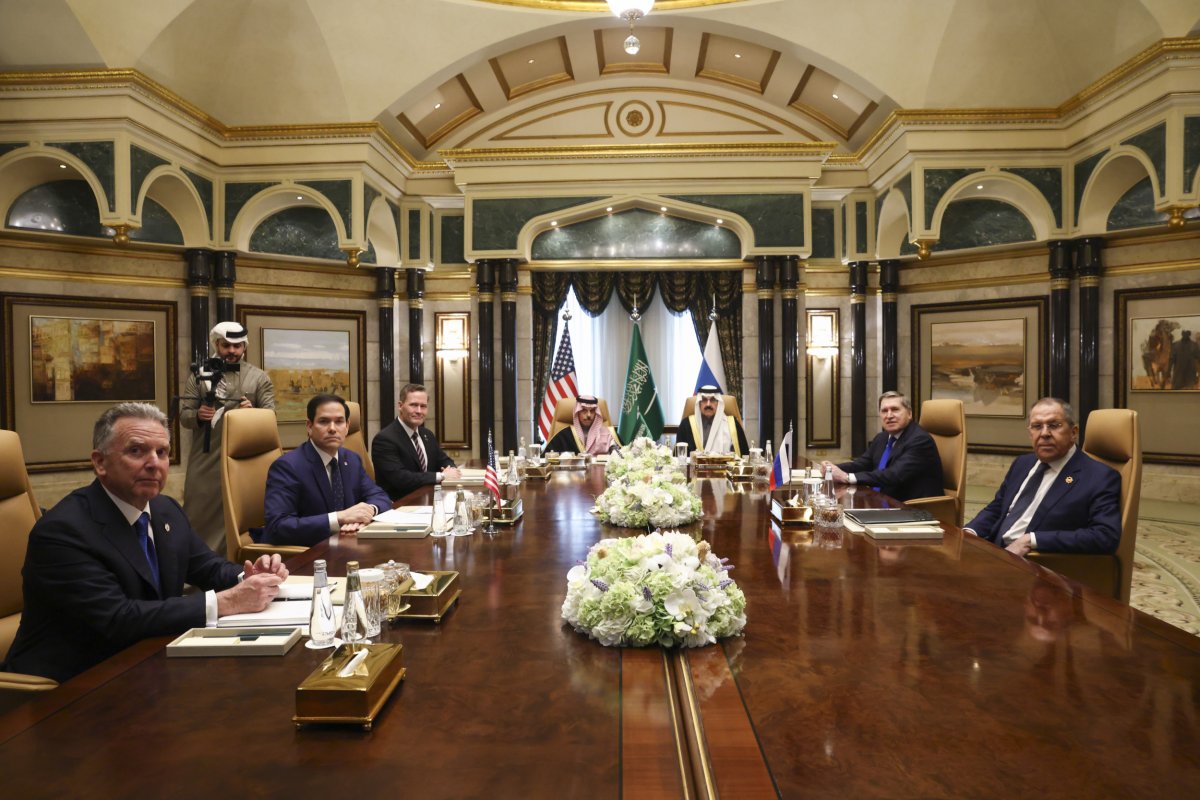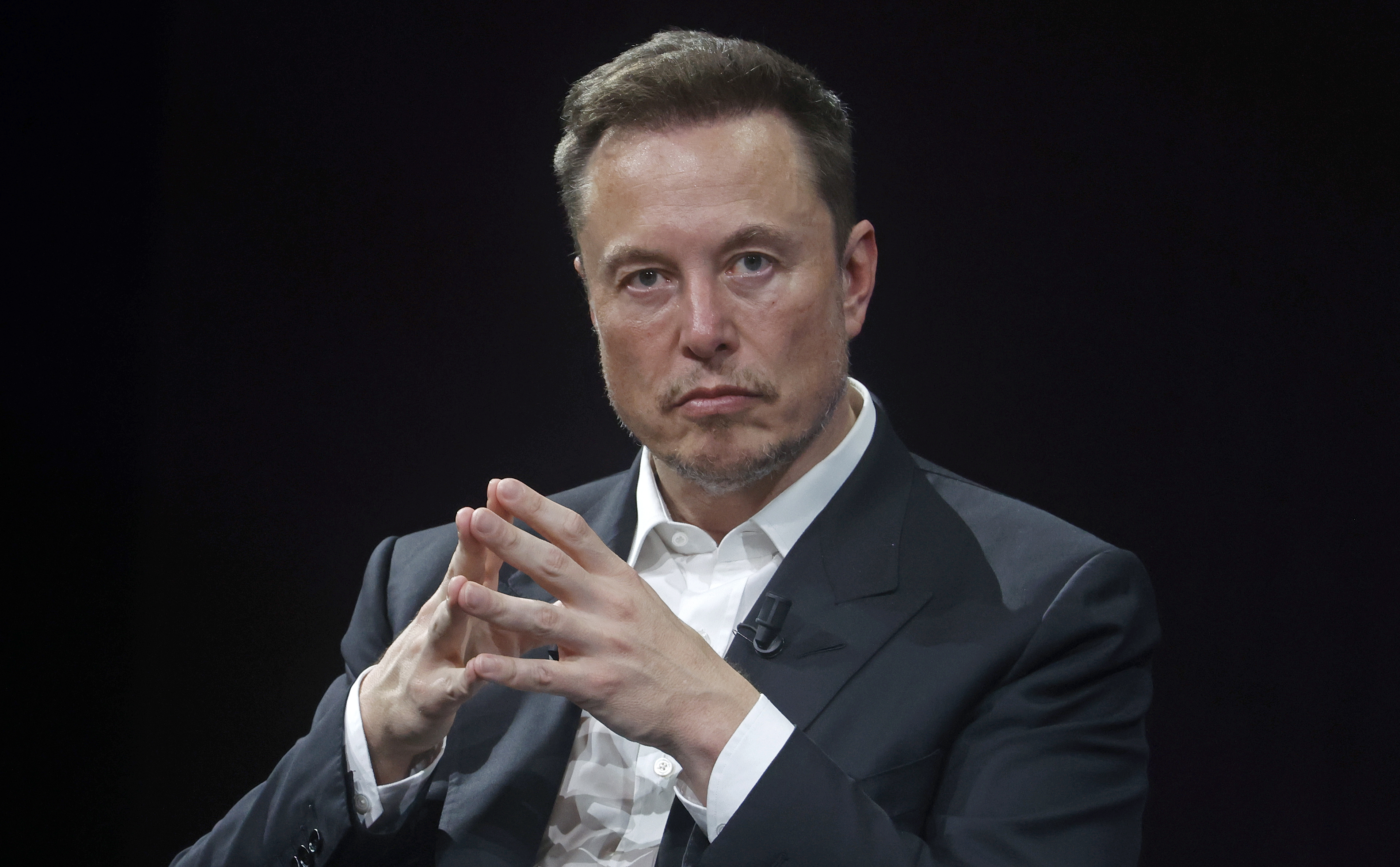The U.S. and Russia have begun talks in Saudi Arabia aimed at improving diplomatic ties and negotiating an end to the war in Ukraine.
On Tuesday, U.S. Secretary of State Marco Rubio sat down with Russian Foreign Minister Sergei Lavrov at the Diriyah Palace in Riyadh, signaling a potential thaw in U.S.-Russia relations after years of tension following Moscow's 2022 invasion of Ukraine, and upending years of American foreign policy that has alarmed NATO allies.
Rubio was joined by U.S. national security adviser Mike Waltz and President Donald Trump's Middle East envoy Steve Witkoff. Russian President Vladimir Putin's foreign policy adviser Yuri Ushakov was also there with Lavrov. Saudi Foreign Minister Prince Faisal bin Farhan Al Saud and the country's national security adviser Mosaad bin Mohammad Al-Aiban also joined but were expected to leave early in the talks.

Ukrainian President Volodymyr Zelensky told reporters on Monday he would be in Saudi Arabia on Wednesday, but that his trip was unrelated to the U.S.-Russia meeting.
"Ukraine knew nothing about this. And Ukraine regards any negotiations about Ukraine without Ukraine as having no results," Zelensky said.
The recent surge in U.S. diplomatic efforts regarding the war has prompted Kyiv and key allies to scramble for a seat at the negotiating table, fearing that Washington and Moscow might move forward with a deal that does not serve their interests. On Monday, France convened an emergency meeting with European Union countries and the U.K. on Monday to coordinate their next steps.
"There is a common commitment to defend Ukrainian sovereignty and to ensure a European place at any table in which that is being debated - but differences over how to achieve those aims," Michael Butler, a political scientist, told Newsweek. "The Poles, Finns, and Baltic states seem to understand quite clearly that, as Zelensky put it on Saturday, the old days when America supported Europe just because it always had are over, and are making a strong case for a more muscular approach. Whether France, Germany, Italy, and others will follow their lead is an open question."
Ahead of the talks in Riyadh, Kirill Dmitriev, the head of the Russian Direct Investment Fund—who the Kremlin said might join the meeting—underscored the importance of the meeting in comments to The Associated Press.
"Good U.S.-Russia relations are very important for the whole world," Dmitriev said. "Only jointly can Russia and the U.S. address lots of world problems, resolve for global conflicts and offer solutions."
About the writer
Daniel Orton is an editor on the live news team at Newsweek, based in London, U.K. He was previously a ... Read more



